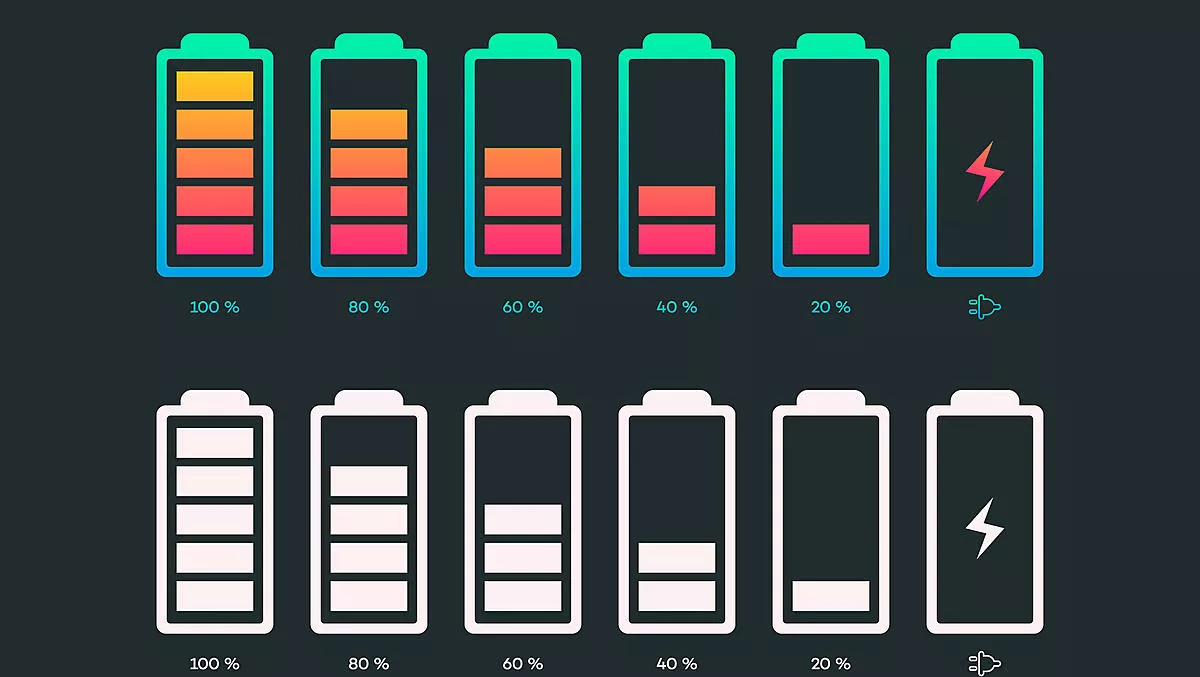
Leftover fruit waste could be all you need to charge your phone in the not-so-distant future, according to researchers at the University of Sydney.
The researchers have created a method that uses the notoriously odorous durian, as well as jackfruit, to create energy stores that can store electricity, and subsequently be used for rapid charging.
“Using durian and jackfruit, we converted the fruits' waste portions (biomass) into super-capacitors that can be used to store electricity efficiently,” says University of Sydney School of Chemical and Biomolecular Engineering associate professor Vincent Gomes.
Super-capacitors allow for large amounts of energy to be stored in small devices, and administer energy smoothly. They can then charge phones, tablets and even laptops ‘within a few seconds'.
The team knew that the benefits of super-capacitors, as opposed to batteries, meant their presence in the study was non-negotiable.
“Compared to batteries, super-capacitors are not only able to charge devices very quickly but also in orders of magnitude greater charging cycles than conventional devices,” says Gomes.
“Current super-capacitors are made from activated carbon which is nowhere near as efficient as the ones prepared during this project.
But to convert a humble fruit into a powerful power storage unit, a conversion of another kind was needed.
“Using a non-toxic and non-hazardous green engineering method that used heating in water and freeze-drying of the fruit's biomass, the durian and jackfruit were transformed into stable carbon aerogels,” says Gomes.
“Carbon aerogels are an extremely light and porous synthetic material used for a range of applications, and they make great super-capacitors [due to their porousness].
The research team then used the fruit-derived aerogels to make electrodes.
The electrodes were tested for their capacity for energy storage, and were found to be ‘exceptional'.
Researchers even claim that given the unique properties of durian and jackfruit and their success at doubling as super-capacitors, they may be superior to their conventional mechanical counterparts.
“Durian waste was selected based on the excellent template nature provides for making porous aerogels,” says Gomes.
“The durian and jack-fruit super-capacitors perform much better than the materials currently in use and are comparable, if not better, than the expensive and exotic graphene-based materials.
“Durian waste, as a zero-cost substance that the community wants to get rid of urgently due to its repulsive, nauseous smell, is a sustainable source that can transform the waste into a product to substantially reduce the cost of energy storage through our chemical-free, green synthesis protocol.
The potential for this new organic technology was not wasted on the research team at the University of Sydney.
“We have reached a point where we must urgently discover ways to create and store energy using sustainably-sourced materials that do not contribute to global warming,” says Gomes.
“Confronted with this and the world's rapidly depleting supplies of fossil fuels, naturally-derived super-capacitors are leading the way for developing high-efficiency energy storage devices."